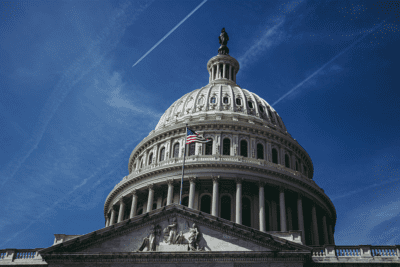But most important, the agreement will deliver vital assistance to millions of Americans who have been struggling as the result of the COVID-19 pandemic.
Following are just some of the provisions that will help individuals, families, and businesses to make it through the next couple of months.
Support for workers and families:
- A $600 direct stimulus payment to individuals that is income contingent;
- Extension of the Paycheck Protection Program, which provides loans to help small businesses retain employees;
- Bolstered earned income and child care tax credits;
- Expanded tax credits to encourage employers to provide paid sick leave and to retain employees during coronavirus closures;
- Enhanced unemployment insurance of an additional $300 per week through March 14;
- An additional $13 billion in Supplemental Nutrition Assistance Program benefits as well as child nutrition benefits for children who are food insecure;
- $10 billion for child care assistance to keep child care providers open and help parents return to work.
Financial assistance for colleges and K-12 schools:
- $82 billion in funding for colleges and schools to help cover costs associated with reopening classrooms.
Expansion of student financial aid:
- An increase of $150 million in Pell grant funding, reaching 500,000 new recipients, ensuring that more than 1.5 million students will now receive the maximum benefit;
- Elimination of the ban on incarcerated students’ receipt of Pell grants; and
- Simplification of the way students qualify for federal student aid by streamlining the Free Application for Federal Student Aid.
Increases in access to broadband internet service:
- $7 billion to increase access to broadband internet service, including a new Emergency Broadband Benefit to help millions of students, families, and unemployed workers afford the broadband they need to learn and work remotely during the pandemic.
In the coming months, even as we begin to see the positive effects of vaccine protections, our country will continue to experience the harsh effects of the pandemic.
Support for small businesses, expansion of unemployment insurance, financial safety nets, and other protections provided in this round of COVID relief will likely expire before the need fully diminishes.
It’s our hope that the Biden Administration and Congress will be open to additional necessary measures, especially related to preparing and employing the millions of unemployed. Many of these workers, a majority of whom are without college degrees or high-demand skills, will need assistance to retrain for new careers. This will require significant federal investments in workforce development and transition assistance in the next round of funding to ensure that the workers most impacted by COVID-19 have opportunities to become reemployed in good jobs.
The return on these investments will be reaped for decades if we invest wisely, compassionately, and equitably.



